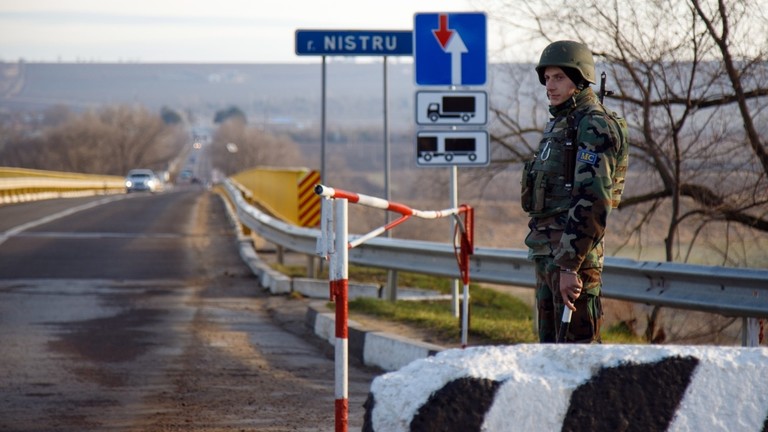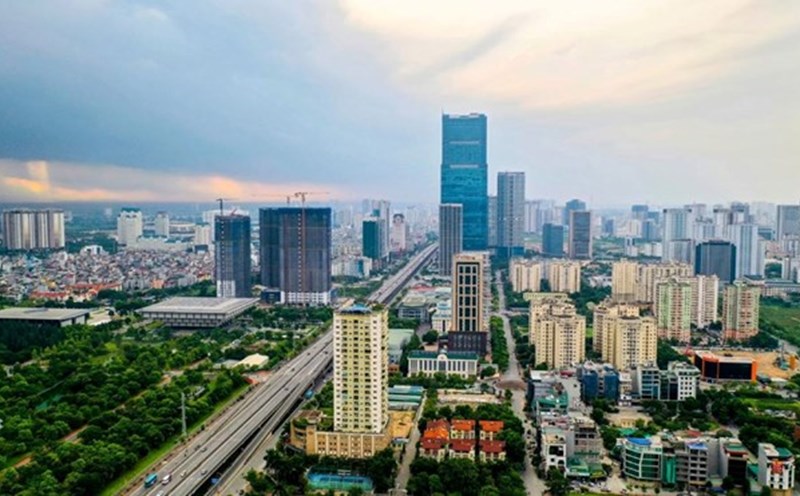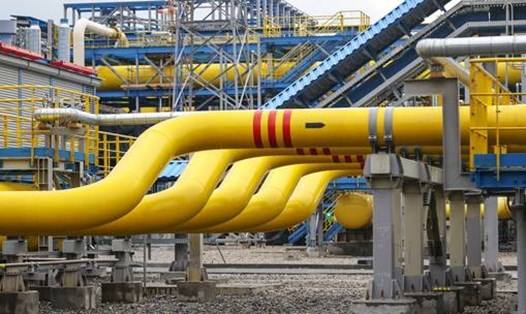Moldova's breakaway region of Transnistria has turned off all heating and hot water supplies to households after Russian gas flows through Ukraine were cut off.
RT reported that on New Year's Day, January 1, 2025, Russian oil and gas corporation Gazprom announced that it could no longer supply gas to Europe via Ukraine because Kiev refused to extend the transit agreements, which expired on December 31, 2024.
On the same day, the local energy company Tirasteploenergo announced that the gas supply to heat production facilities was interrupted, leading to the cessation of heating and hot water supply to residents, public institutions and institutions across the region. Only inpatient medical facilities were given priority to keep warm.
"There is no heating or hot water at the moment," said a Tirasteploenergo employee in the Transnistrian capital Tiraspol. He did not know how long the situation would last.
Transnistria has declared a state of economic emergency since mid-December 2024 due to the imminent risk of a gas crisis. EU candidate Moldova has also declared a state of energy emergency to deal with the risks of a gas shortage, starting on 13 December 2024 and lasting 60 days.
Transnistria, on the left bank of the Dniester River, is more than half ethnically Russian and Ukrainian. It declared independence from Moldova in the early 1990s after the collapse of the Soviet Union. There are currently about 1,100 Russian troops stationed there as peacekeepers under a 1992 ceasefire agreement between Chisinau and Tiraspol.

Ukrainian Energy Minister German Galushchenko called the suspension of the deal on Russian gas transit through Ukraine a “historic event,” stressing that Kiev’s decision would cost Moscow its market and incur huge financial losses.
However, the move has also raised concerns about the humanitarian impact in Moldova and the Transnistria region. Moldovan Prime Minister Dorin Recean has warned that Russia could use energy as a political tool to foment unrest, leaving people “in the middle of winter without heat and electricity”.
The Kuciurgan thermal power plant, Moldova’s largest source of electricity, is located in the Transnistria region and depends on Russian gas. However, supply disruptions threaten not only the economy but also a serious humanitarian crisis.
Moldovan Prime Minister Recean has pledged that no one will be left “cold and dark” this winter, but the situation remains unclear. Meanwhile, Russian President Vladimir Putin has insisted that the gas problem via Ukraine will not be solved, but that Gazprom “will take care of it.”
Given the current energy and political tensions, the winter of 2025 could be the start of a new crisis in Eastern Europe.










